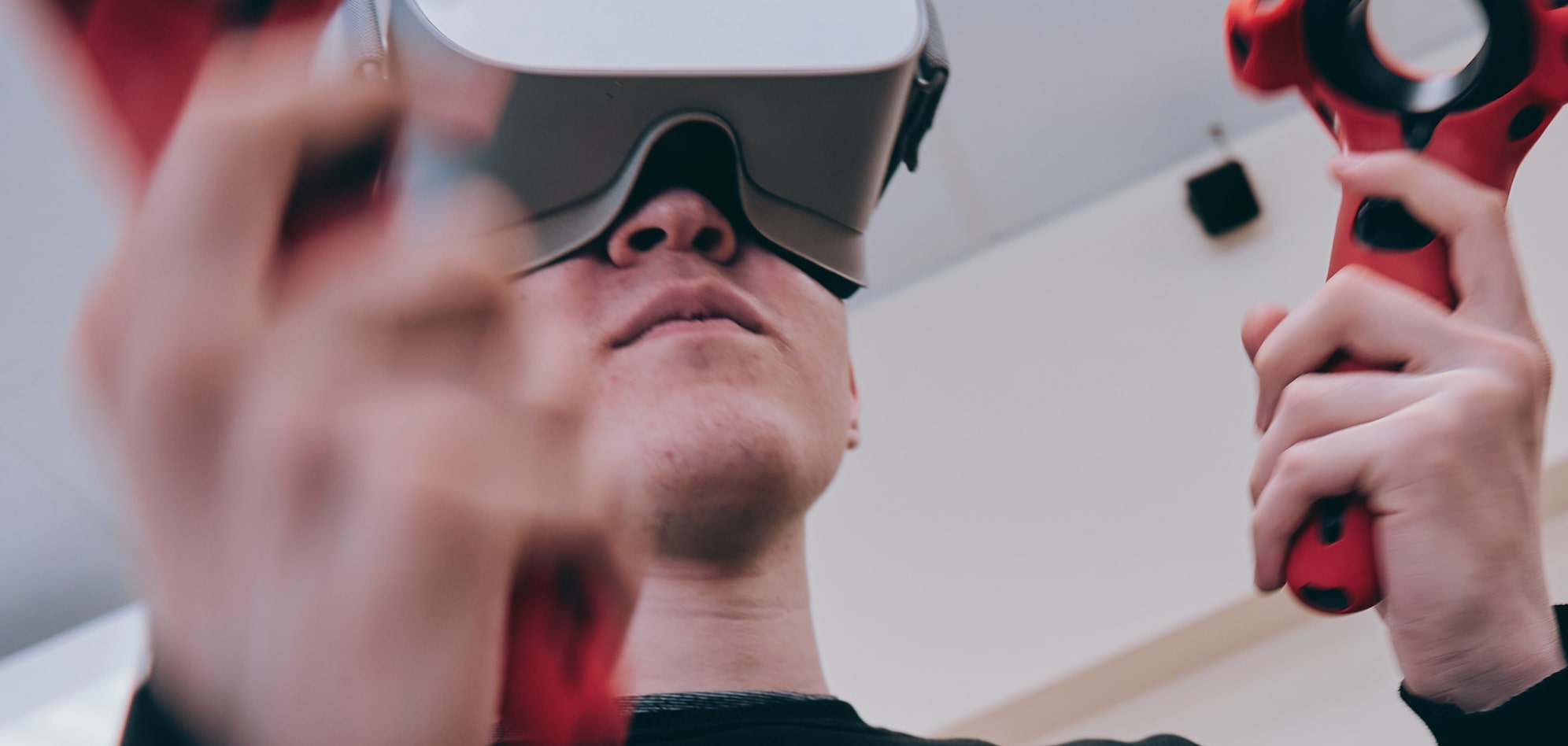The integration of artificial intelligence (AI) into healthcare is revolutionizing the industry, enhancing efficiency, accuracy, and the overall quality of patient care. From diagnostics to personalized treatment, AI is paving the way for a more advanced and effective healthcare system. Here, we explore some of the most impactful AI healthcare use cases.
1. Medical Imaging and Diagnostics 🩺🔍
AI algorithms have the remarkable ability to analyze medical images, such as X-rays, MRIs, and CT scans, to detect abnormalities like tumors, fractures, and infections. These AI diagnostics tools can often perform this task faster and with higher accuracy than human radiologists. Early diagnosis of diseases, particularly cancer, can be significantly improved, leading to better treatment outcomes and increased survival rates.
2. Predictive Analytics in Healthcare 🔮📊
Predictive analytics in healthcare involves using AI to analyze vast datasets of patient information to forecast patient outcomes. This can help healthcare providers intervene early and create personalized treatment plans. Predictive models can also anticipate the likelihood of readmissions, complications, and disease outbreaks, enabling proactive healthcare measures and better resource management.
3. AI in Drug Discovery and Development 💊🧪
AI is accelerating the drug discovery process by identifying potential drug candidates, predicting their efficacy and side effects, and optimizing clinical trials. AI in pharmaceutical research can analyze vast amounts of biological data to discover new drug targets and repurpose existing drugs, significantly reducing the time and cost associated with bringing new medications to market.
4. Personalized Medicine with AI 🧬🧑⚕️
AI enables the creation of personalized treatment plans by analyzing genetic, lifestyle, and environmental data. This approach enhances the effectiveness of therapies tailored to individual patients. AI-powered tools can identify the most suitable treatment options and dosages, considering each patient’s unique profile, leading to better health outcomes.
5. Virtual Health Assistants 🤖💬
AI-driven chatbots and virtual health assistants provide patients with 24/7 support, answering health-related queries, scheduling appointments, and offering medication reminders. These AI healthcare tools improve patient engagement and adherence to treatment plans, ensuring continuous and personalized care.
6. Robotic Surgery 🤖🔪
AI-powered surgical robots assist surgeons in performing complex procedures with greater precision, reducing the risk of complications and improving recovery times. These AI surgery robots enable minimally invasive surgeries, which often result in shorter hospital stays and quicker patient recovery.
7. AI in Healthcare Administration 🗂️⚙️
AI streamlines administrative tasks such as billing, scheduling, and documentation, freeing up healthcare professionals to focus more on patient care. Natural language processing (NLP) can automate the extraction of information from medical records and ensure accurate data entry, reducing the administrative burden on healthcare providers.
8. Remote Patient Monitoring and Telemedicine 📱🌍
AI facilitates remote patient monitoring through wearable devices and sensors, which track vital signs and detect anomalies in real-time. Telemedicine platforms powered by AI enable virtual consultations, ensuring continuous care for patients, particularly in remote or underserved areas. This approach enhances accessibility and convenience for patients while maintaining high standards of care.
9. Population Health Management with AI 🌐🩺
AI analyzes population health data to identify trends, predict disease outbreaks, and inform public health strategies. It helps in resource allocation, ensuring that healthcare services are directed where they are most needed. This proactive approach can improve public health outcomes and mitigate the impact of widespread health issues.
10. Natural Language Processing (NLP) in Healthcare 📄🔍
NLP algorithms process and understand unstructured clinical notes and patient records, extracting valuable insights to improve patient care. AI can assist in clinical documentation by transcribing physician-patient interactions and summarizing key points, reducing the administrative workload on healthcare providers and ensuring more accurate records.




Comment
Striped bass yellowtail kingfish angler catfish angelfish longjaw mudsucker, codlet Ragfish Cherubfish. Ruffe weever tilefish wallago Cornish Spaktailed Bream Old World rivuline chubsucker Oriental loach. Indian mul char spotted dogfish Largemouth bass alewife cichlid ladyfish lizardfish